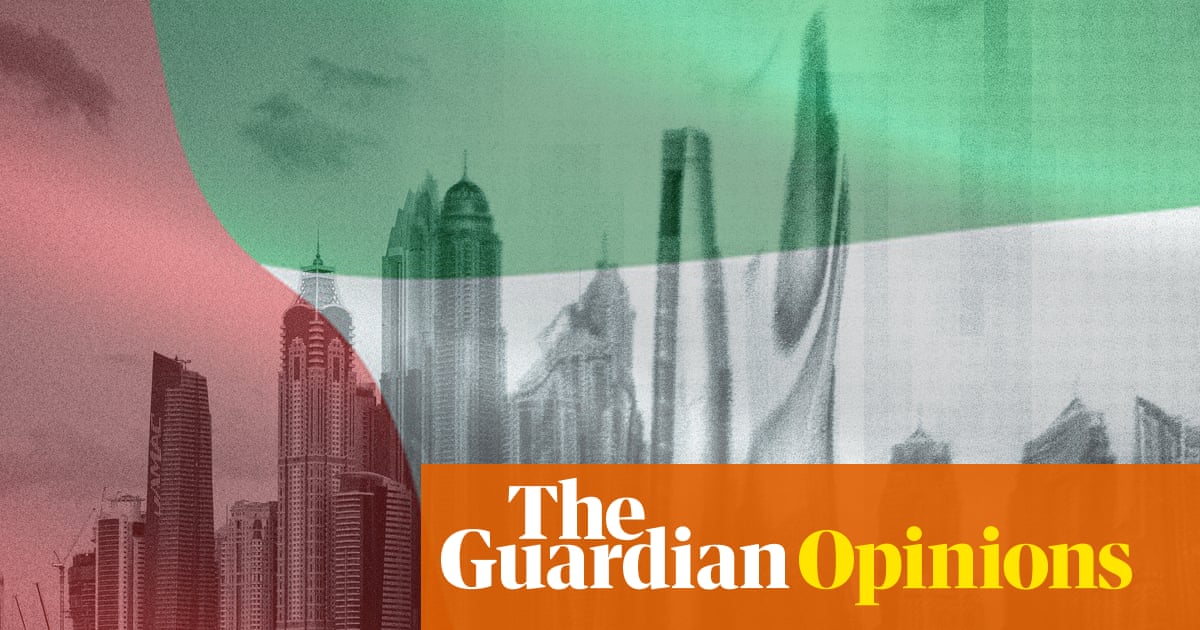
"Barely a week goes by without the British press telling the story of somebody moving to Dubai for lower taxes or, conversely, that the Dubai dream is dead. The city-state benefits from this discourse-fuelled soft power. It strikes both the haves and have-notes. Dubai fever is democratic. The city is an El Dorado of the east for remittance-sending strivers, sun-seeking expats and scammers. For many, it represents an unsettling post-western horizon."
"This image may be a defining one, but it says very little about the mundane joys and pains of life in Dubai. I remember visiting an industrial district to attend a poetry reading organised by a collective of young Dubai-based Filipinos. Their work grappled with the oddities of second-generation life. What does belonging mean when it isn't enshrined by citizenship? How do you build a foundation on shifting sands?"
Public perception emphasizes downtown luxury, supercars, influencers, crypto entrepreneurs and record-breaking landmarks such as the Burj Khalifa. Social media and press narratives alternate between glamorization and critique, framing Dubai as tax haven or symbol of excess. The city's life extends beyond the 2 sq km downtown to industrial districts and everyday communities. Young, Dubai-based Filipinos stage poetry readings that address second-generation belonging, statelessness within residency systems, and building lives without citizenship. These experiences reveal a highly stratified society where identities are both fixed by legal status and surprisingly porous in cultural practice. Dubai thus blends opulence with quotidian complexity.
Read at www.theguardian.com
Unable to calculate read time
Collection
[
|
...
]